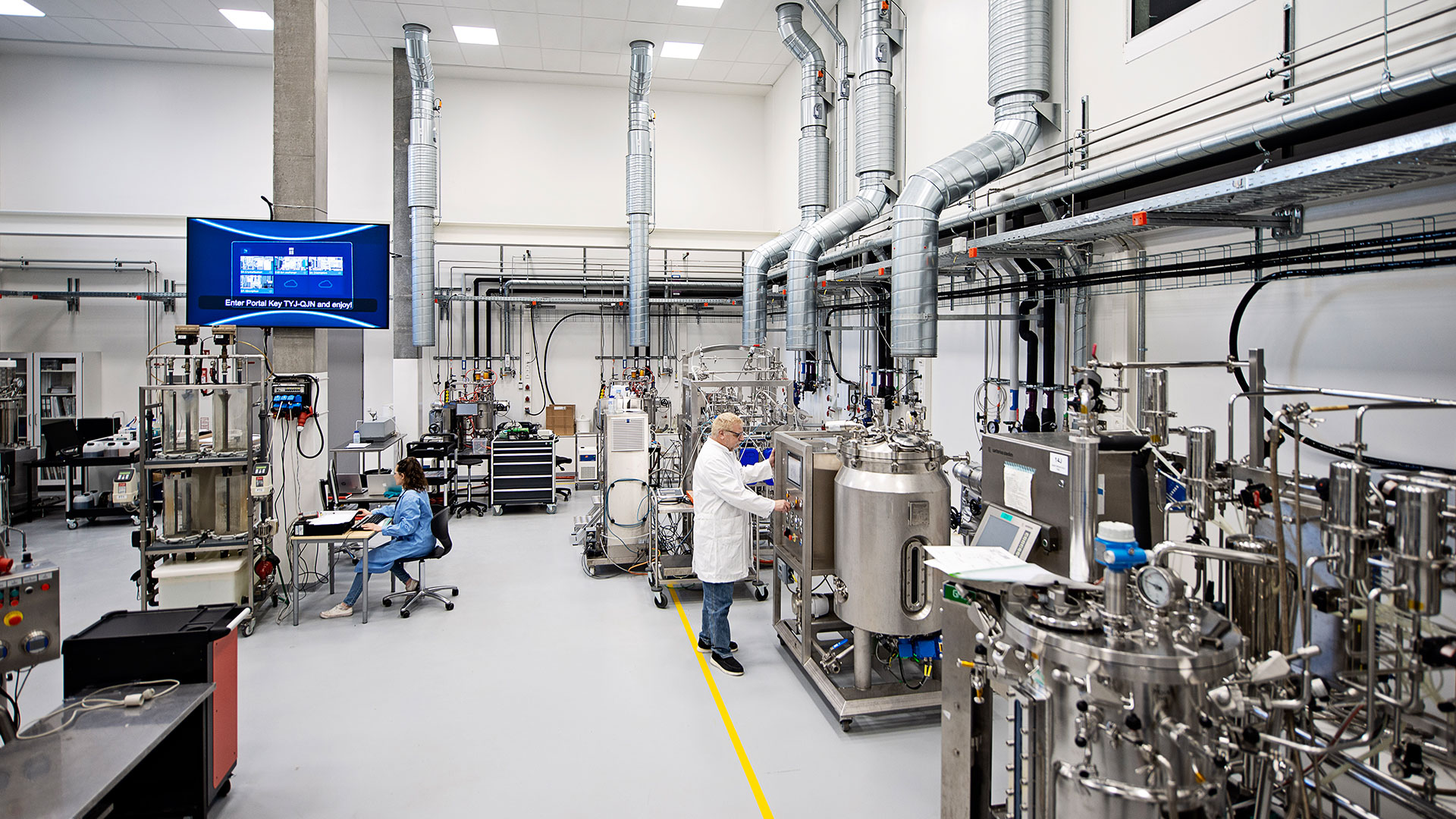FACTS
About quantum-inspired algorithms
Quantum-inspired algorithms are based on math that was originally pioneered by physicists to simulate complex quantum systems. They often involve highly complex constructions that can effectively represent correlations between variables.
Quantum-inspired algorithms can run on today’s classical hardware and can be adapted to run on quantum hardware in the future. This would speed up the transition from high performance computing to quantum machines.
One widely used application of quantum-inspired algorithms is in high dimensional integration, which the financial industry uses to understand risk in complex financial models. The models typically require extensive so-called Monte Carlo simulations for running through a tremendous number of scenarios, which require a powerful classical computer to gain insights quickly and accurately. By doing so, critical decisions can be made that impact how a financial institution operates.
More recently, quantum-inspired algorithms have been used to solve optimization problems, particularly using quantum-inspired generative models. In a recent project with BMW, Zapata demonstrated the advantages of quantum-inspired generative models by applying them to a manufacturing scheduling problem. In the research, a quantum-inspired generative model generated new solutions that beat or tied the solutions generated by traditional state-of-the-art optimization algorithms in 71% of problem configurations.
This approach performed particularly well in problem configurations with the widest range of possible solutions, suggesting quantum-inspired algorithms can be a powerful tool for more complex optimization problems.
